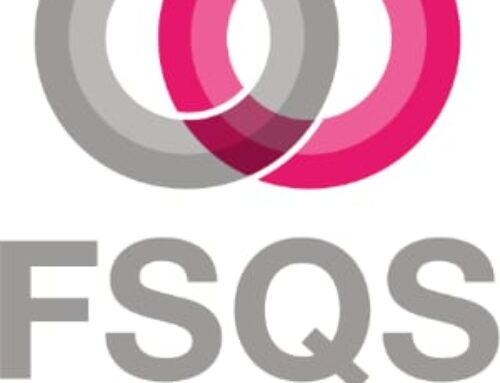Lord Briggs referenced the 2013 appeal Khans Solicitors v Chifuntwe, which held that “the court will intervene to protect a solicitor’s claim on funds recovered or due to be recovered by a client or former client if (a) the paying party is colluding with the client to cheat the solicitor of his fees, or (b) the paying party is on notice that the other party’s solicitor has a claim on the funds for outstanding fees”.
He found that Haven was clearly on notice that Edmondson would be looking to the insurer for recovery of costs, not least from the fact that the claims were notified via CNFs placed on the claims portal by the firm. Further, he found that its clients did have a residual liability to pay Edmondson’s costs despite the claims being funded by CFAs. His reasoning on this point is subtle but important:
“the client care letter did not destroy the basic liability of the client for Edmondson’s charges expressly declared in the CFA and Law Society’s standard terms. It merely limited the recourse from which Edmondson could satisfy that liability to the amount of its recoveries from the defendant … [the letter and the CFA] are shot through with clear assertions of the client’s responsibility for the firm’s charges in the event of a win in the litigation, which is defined to include a settlement of the claim under which there is an agreement to pay the claimant damages.”
The upshot is that it is now beyond doubt that insurers are liable for costs in these circumstances, whether under the RTA protocol (as here) or under the EL & PL protocol.






